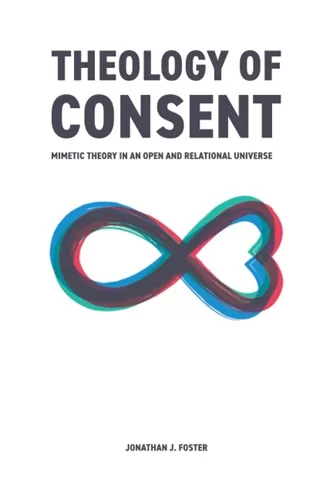Description
In the world’s first formal attempt at blending René Girard’s scapegoating theory with open and relational theology, Jonathan J. Foster offers compelling insights into anthropology, theology, and the nature of love. Foster uses Girardian thinking to enhance his understanding of open and relational theology even as he allows open and relational ideas to challenge mimetic theory’s tendency to be regressive.
- Theology of Consent: Mimetic Theory in an Open and Relational Universe will give you clarity around––
- René Girard’s mimetic theory.
- Key elements of open and relational theology.
- The theist’s preoccupation with power.
- The atheist’s phobia of faith.
- The myth of redemptive sacrifice.
- A God of love vs. a loving God.
- Evolution as possible evidence of the divine.
- Hopeful ways forward for the entire world.
This is not only a smartly written dissertation-turned-book about two important philosophical paradigms but also a theopoetic story about love and its fundamental characteristic: consent. In this writing, you’ll discover that consent––
- Resonates with the scientific evidence that we live in a relational universe.
- Empowers us to partner with the divine in crafting a more imaginative world.
- This aligns with the witness of biblical writers who suggest a God in a genuine relationship with creation.
- Allows for the potential of evil without declaring God willed such evil.
- Informs how Jesus related to others, particularly those marginalized.
- Characterizes the way Jesus laid down his life of his own volition.
- Defines the relationship Jesus had with his Father God.
- Reframes our understanding of sacrifice.
- Points to the patient and uncontrolling nature of love.
Theology of Consent: Mimetic Theory in an Open and Relational Universe is something of a map for those at new trailheads, interested in insightful paths, but also for those already deep in the forest of theopoetics, life, love, the church, and theology.






Reviews
There are no reviews yet.